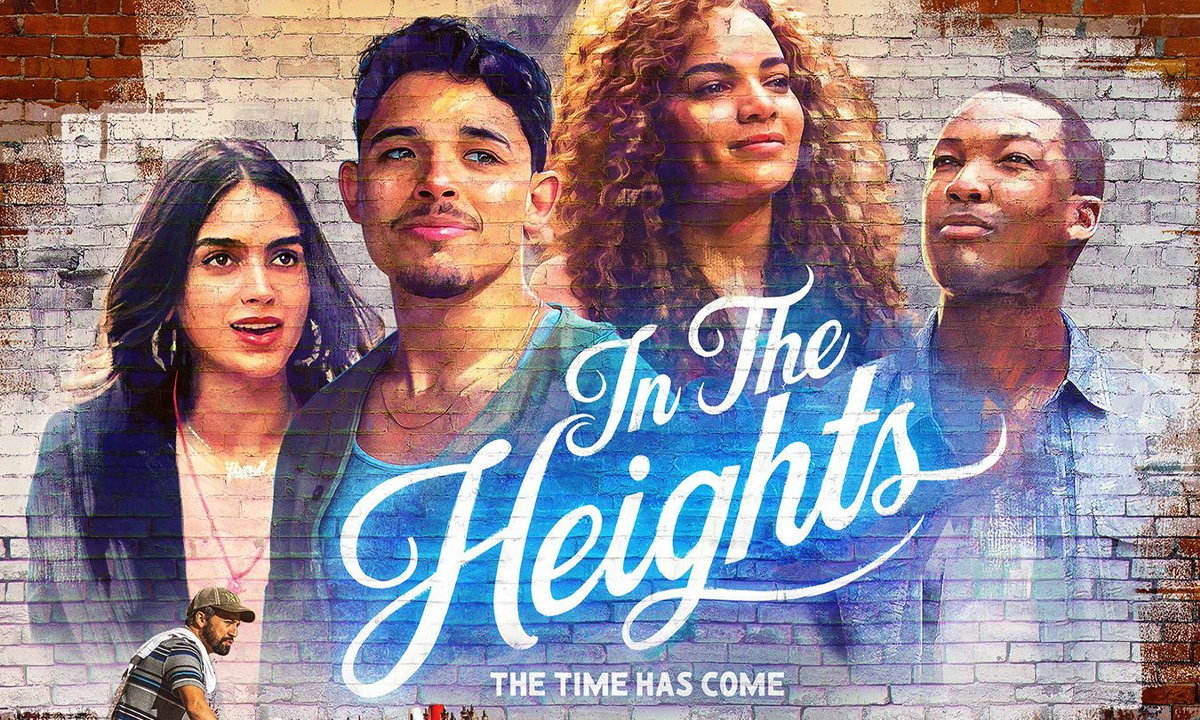Written by Nathaniel Mannor
Last Friday, the highly anticipated movie version of In The Heights premiered on the big screen. Fans of Hamilton were ecstatic to get yet another taste of Lin-Manuel Miranda’s fantastic work after over a year of being locked down and locked out of our social lives. But afterward, viewers were left wanting more, and not in a good way.
In The Heights follows Usnavi, who lives in Washington Heights with his cousin Sonny and Abuella, trying to make it in America. The film centers around the struggles Hispanic and Caribbean immigrants face when they first arrive in their new homeland and racist overtones that come their way. Lin-Manuel Miranda said that he wrote this musical turned movie because he didn’t feel seen.
He wasn’t the only one who didn’t feel seen because many admirers complained that there weren’t enough Afro-Latino cast members. Even celebrities chimed in, with Wilson Cruz connecting this to a “bigger picture,” saying via Twitter, “ONE of the issues with having so little #Latinx representation in media is that we’re disappointed when it fails to reflect EVERY aspect & nuance of our VARIED & COMPLEX culture. No ONE movie or TV show will ever be able to convey that, which is why we need MORE made by more of US.”
This prompted an apology from Miranda, who claimed to do better in the future and said that he was still learning from his mistakes.
Clearly, Cruz was not paying attention as one of the main characters and friends of Usnavi is black and given ample screentime with many black ensemble cast members as well. Even so, it shouldn’t matter the color or background of a character. What counts is the unique perspective they bring to the table.
Does this mean all musicals and movies that give light to a specific perspective should include diverse cast members simply for its sake? Perhaps Jerry Bock, creator of Fiddler on the Roof, should apologize for the lack of diversity when the story follows a village of Russian Jews who struggle to survive amid increasing pogroms. In fact, all writers and directors must now express remorse for leaving any marginalized group out, a surefire strategy to encourage visionaries to share their unique stories




